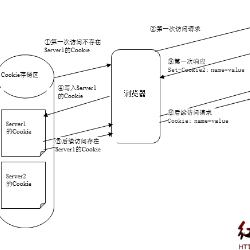Cookie paywalls allow visitors to access the content of a website only after making a choice between paying a fee (paying option) or accepting tracking (cookie option). The practice has been studied in previous research in regard to its prevalence and legal standing, but the effects of the clients' device and geographic location remain unexplored. To address these questions, this study explores the effects of three factors: 1) the clients' browser, 2) the device type (desktop or mobile), and 3) the geographic location on the presence and behavior of cookie paywalls and the handling of users' data. Using an automatic crawler on our dataset composed of 804 websites that present a cookie paywall, we observed that the presence of a cookie paywall was most affected by the geographic location of the user. We further showed that both the behavior of a cookie paywall and the processing of user data are impacted by all three factors, but no patterns of significance could be found. Finally, an additional type of paywall was discovered to be used on approximately 11% of the studied websites, coined the "double paywall", which consists of a cookie paywall complemented by another paywall once tracking is accepted.
翻译:暂无翻译



